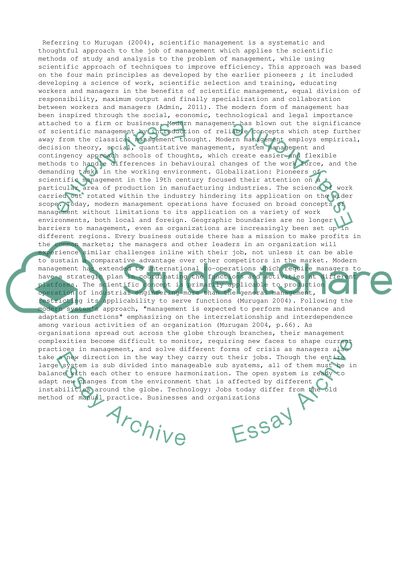Cite this document
(“Scientific Management was the product of 19th Century industrial Essay”, n.d.)
Scientific Management was the product of 19th Century industrial Essay. Retrieved from https://studentshare.org/management/1460760-scientific-management-was-the-product-of
Scientific Management was the product of 19th Century industrial Essay. Retrieved from https://studentshare.org/management/1460760-scientific-management-was-the-product-of
(Scientific Management Was the Product of 19th Century Industrial Essay)
Scientific Management Was the Product of 19th Century Industrial Essay. https://studentshare.org/management/1460760-scientific-management-was-the-product-of.
Scientific Management Was the Product of 19th Century Industrial Essay. https://studentshare.org/management/1460760-scientific-management-was-the-product-of.
“Scientific Management Was the Product of 19th Century Industrial Essay”, n.d. https://studentshare.org/management/1460760-scientific-management-was-the-product-of.


